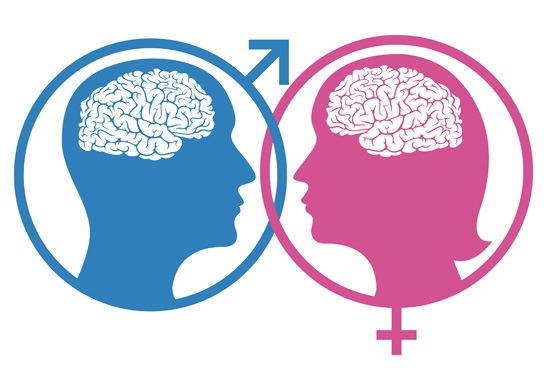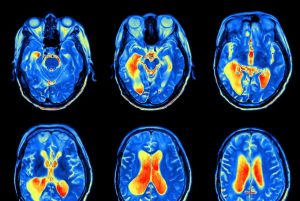
Hanna Boehm, Contributing Writer |
What’s the difference between the male and female brain? For many, this question elicits varying responses. A recent study performed by Washington University’s School of Medicine in St. Louis, MO explains that this answer may be attributed to how the organs age respectively. The study suggests that, on average, women’s brains appear to be about three years younger than those of men at the same chronological age.
Scientists have observed that, as people age, the way the brain uses glucose and oxygen to power itself changes. Researchers used this pathway as an experimental model to predict a person’s age. The brain runs on glucose through a process called aerobic glycolysis. This process supports brain development and necessary involuntary brain functions required for life. The remaining glucose is used for processes like thinking and performing other daily tasks. By the time we reach our 60s, the remaining glucose used for cognitive functions has significantly declined.

The study required 205 people, between 20 and 82 years of age, to undergo brain imaging scans that measured the flow of oxygen and glucose within their brain. This data was then transmitted to a computer program that could predict the person’s age. The program consistently aged the women to be approximately 3.8 years younger than their actual age and men to be approximately 2.4 years older than their actual age. This youthfulness of female brains was even detected in women still in their 20s. The explanation revolves around the idea that differences in biological puberty are responsible. As males go through puberty their blood flow to the brain decreases significantly. In women however, the drop is less dramatic. This drop in blood flow affects how males age for the remainder of their life.
While many people suspect this to in fact be, in some way, correlated with respective rates of Alzheimer’s and Dementia in males and females, this may not be the case. Examinations have shown that this increased youthfulness in female brains is still present in brains that have amyloid plaques, which are widely regarded as a marker of Alzheimer’s. Still, perhaps science has finally unraveled the age-old question of why women are “sharper” than men.
Leave a Reply